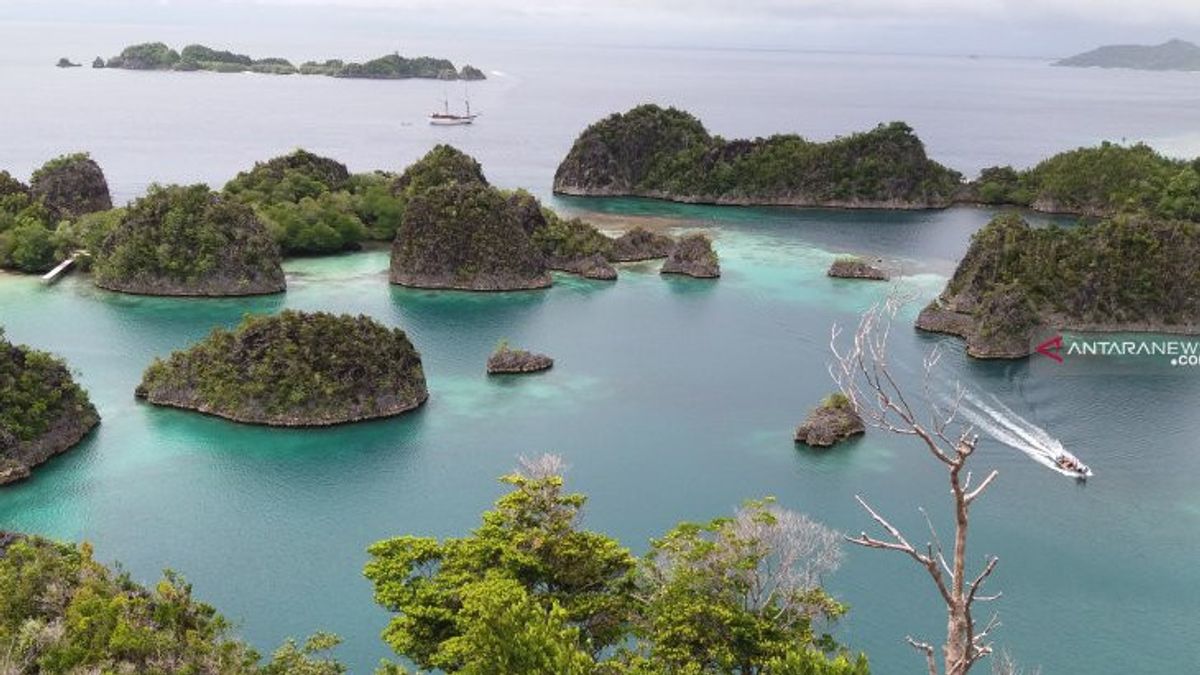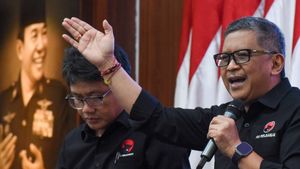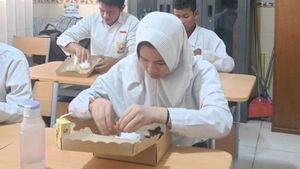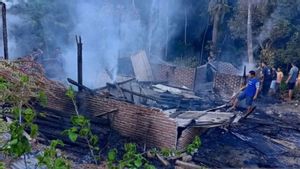MANOKWARI - The Corruption Eradication Commission (KPK) is ready to assist in reforming the tourism sector system in Papua and West Papua so that corruption does not occur.
"Maintaining and promoting tourism is part of the KPK's task through revamping the system so that corrupt practices do not occur in the sector," explained KPK Deputy Chair Nurul Gufron at a coordination and supervision meeting of the tourism sector held in Manokwari.
Ghufron said the potential for corruption in the tourism sector is very large. The results of a study by the KPK Monitoring Directorate found the potential for corruption in a series of business processes for managing grant funds, namely in the planning aspect of the tourism sector.
Therefore, said Gufron, this is a joint task between parties to monitor potential leaks that occur in the tourism sector in the provinces of Papua and West Papua. Especially the use of grant funds from the government, especially in the tourism sector, is becoming more optimal.
"This is our joint task. The planning aspect is the task of the Ministry of Tourism, Economy and Creative as the executing agency and at the time of implementation it is the task of the regional government as the implementing agency," he said.
According to Ghufron, the regions of Papua and West Papua have great natural tourism potential to be able to provide economic growth for the country.
Post-COVID-19, he continued, tourism was one of the sectors that experienced the biggest downturn during the 2020-2021 period. So the government issued various policies to encourage economic recovery in the tourism sector.
There are four roles of the KPK in an effort to close the leak of potential corruption in the tourism sector in Papua and West Papua. First, cross-stakeholder coordination by cooperating with the government, business actors, and civil society. Both process monitoring and implementation of system improvements.
Third, review policies that have the potential for fraud, misconduct, corruption. As well as supervision of measures to accelerate program implementation, supervision and law enforcement.
According to Ghufron, the KPK noted a number of interventions that have been carried out in this sector, including the signing of a collaboration with the Ministry of Tourism and Creative Economy 2020. Coordination and supervision of tourism grant funds in Bali and most recently the coordination and supervision of the tourism sector in four provinces in 2021. Study and monitoring and evaluation of governance tourism sector 2021-2022.
Then the two main agendas of the KPK Korsup Team in the tourism sector, namely first, improving government governance in the form of governance of grant funds, regional loans, DAK and other schemes related to the transfer of funds to the regions.
Furthermore, monitoring the implementation of government programs in the form of strategic programs, assistance for business actors and community empowerment.
As is known, he said, in 2020 the government allocated Rp 3.8 trillion to stimulate the tourism sector. The funds are divided into three schemes, namely tax incentives, hotel and restaurant tourism grants of Rp. 3.3 trillion, additional incentives to build trust and market interest of Rp. 70 billion, and airlines (Kemenhub) incentives of Rp. 480 billion.
The tourism grants, which are budgeted in 2020, are allocated to 101 local governments and business actors in the tourism sector, including in the Papua and West Papua regions.
"We hope that this coordination and supervision activity is able to prevent fraud, corruption and abuse in the implementation of government programs in the tourism sector. This is also to increase the contribution of the tourism sector to regional development," said Ghufron.
The English, Chinese, Japanese, Arabic, and French versions are automatically generated by the AI. So there may still be inaccuracies in translating, please always see Indonesian as our main language. (system supported by DigitalSiber.id)













